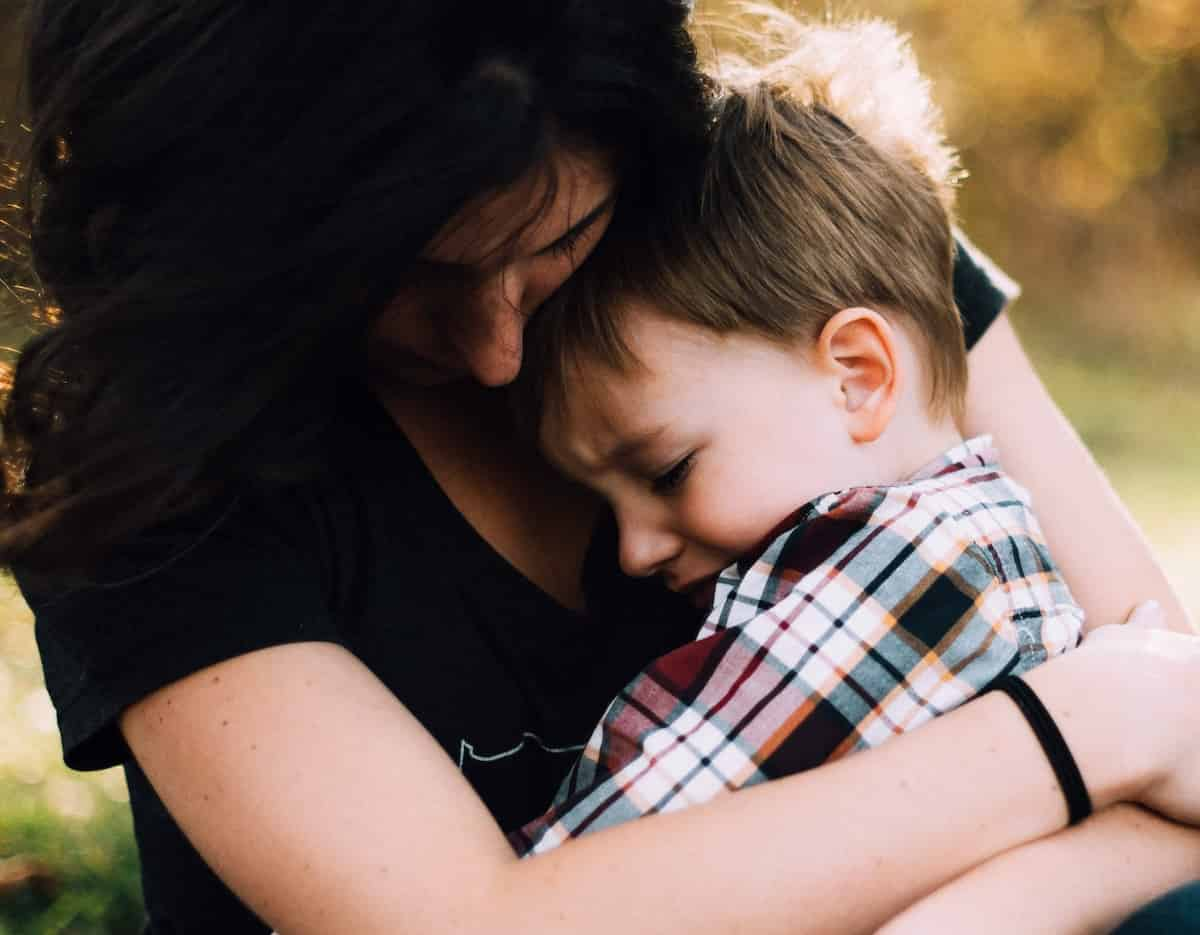How parents raise maladjusted children.
‘Helicopter parents’ who hover over their child, trying to do everything for them, raise maladjusted children.
Children need space to learn and grow themselves without over-controlling parents trying to take over at the slightest hitch.
The psychologists found that children who experience helicopter parenting find it harder to manage their own emotions and behaviour.
Dr Nicole B. Perry, the study’s first author, said:
“Our research showed that children with helicopter parents may be less able to deal with the challenging demands of growing up, especially with navigating the complex school environment.
Children who cannot regulate their emotions and behavior effectively are more likely to act out in the classroom, to have a harder time making friends and to struggle in school.”
The study followed 422 children over 8 years, assessing them at ages 2, 5 and 10.
Dr Perry explained what they saw with some parents:
“Helicopter parenting behavior we saw included parents constantly guiding their child by telling him or her what to play with, how to play with a toy, how to clean up after playtime and being too strict or demanding.
The kids reacted in a variety of ways.
Some became defiant, others were apathetic and some showed frustration.”
The results showed that helicopter parenting at age 2 was linked to an inability to control emotions and behaviour later on.
Dr Perry said:
“Children who developed the ability to effectively calm themselves during distressing situations and to conduct themselves appropriately had an easier time adjusting to the increasingly difficult demands of preadolescent school environments.
Our findings underscore the importance of educating often well-intentioned parents about supporting children’s autonomy with handling emotional challenges.”
Parents can help their children by explaining how to understand their thoughts and feelings.
Setting a good example is also important, said Dr Perry:
“Parents can also set good examples for their children by using positive coping strategies to manage their own emotions and behavior when upset.”
Related
- 10 Things Loving Parents Do That Research Says Damages Children (P)
- The Hidden Cost Of Childhood Maltreatment: 12 Lifelong Effects (P)
The study was published in the journal Developmental Psychology (Perry et al., 2018).

